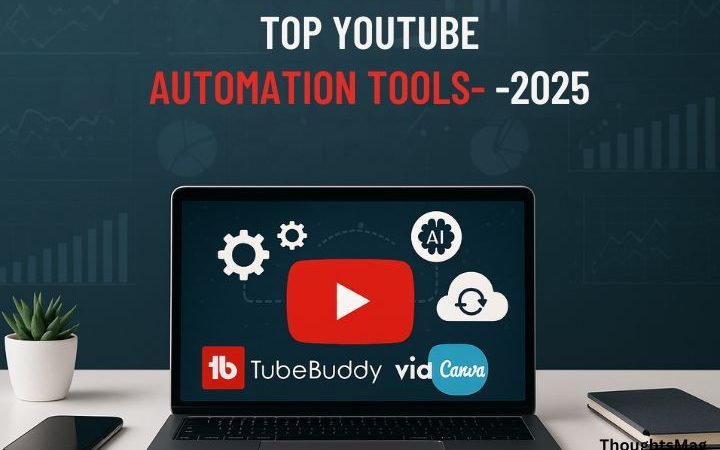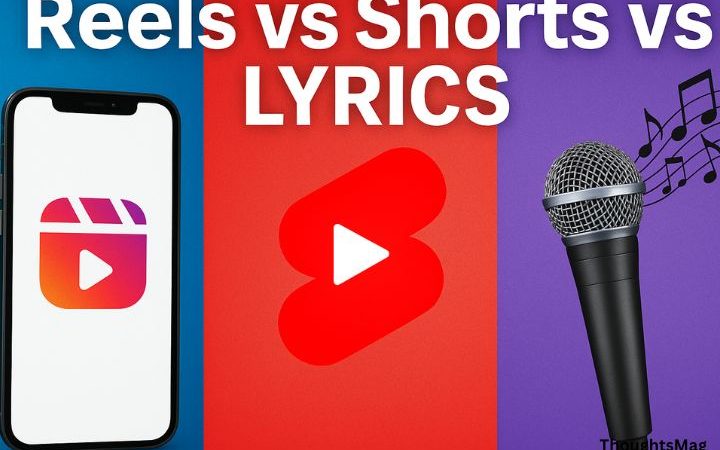What can Off-Page SEO do for your business?


Off-page SEO is an effective SEO strategy that plays a huge role in boosting your site’s rankings on Google. If you want people to mention your products, services, or brand, you need to consider tactics beyond just your website.
However, off-page SEO is not just about generating backlinks.
It goes deeper. Off-page SEO shows Google how others perceive your site. For example, if you have a lot of good links directing to your pages, search engines will consider that you have great content that is of value to users.
Since Search Engine Optimization (SEO) requires you to constantly monitor your content, ensure promotions, placements, etc., therefore it is integral to have a sturdy internet connection. Cox internet is a good option to consider due to its widespread reach. Additionally, it has economical internet packages that can be modified according to your need. SEO is integral for any business that aims to promote its products or services online, so a consistent connection will ensure that you remain up to date on the trends, and competitor strategies.
This article aims to give some insight into how to and why to implement off-page SEO and help you understand which activities can be involved in it.
What is off-page SEO?
Off-page SEO is a general term for subsidiary SEO-related activities that aim to promote a website on the Internet, which takes place outside of that website.
Contrary to popular belief, off-page optimization is about more than just getting links. There are several different methods you can use to give your company a competitive edge. Off-page SEO is valid for years and increases your site’s domain ranking in the eyes of search engines.
Many industry specialists consider off-page SEO enhancement to be even more important than on-page or internal SEO. However, many businesses believe that both are indispensable for SEO.
Why is it important?
200 criterion factors are used by Google to rank websites. It can be challenging to rank on only content; which is why off-page SEO is considered. By letting Google know how others perceive you and your site, you help Google determine how pertinent your content is to users. That is why it is so important to get links from good-quality websites.
While ranking scores and search algorithms are continually changing, there is a general agreement in the SEO community that the significance, trust, and authority that effective off-page SEO gives to a site still plays an important role in a site’s ranking ability.
Consider off-page SEO as developing your site’s domain ability. Without it, your site may scuffle to outperform sites with a higher authority.
Websites with higher authority are ranked better than websites with comparatively less because they are considered more reliable, pertinent, and dependable by search engines.
You want to show that many people trust your site, share it, and link to it in search engines. Links are one way to demonstrate this, but you cannot just focus on link building.
Relation between links and off-page SEO
Backlink building is an important part of off-page SEO. Search engines make use of backlinks as a measure of the content quality they link to, so a site with many good-quality backlinks will usually have a higher rank than a simple site with comparatively fewer backlinks.
There are three kinds of links that are earned:
1. Manually built
These are earned by conscious link developing activities. This includes getting customers to associate with your website or content sharing through influencers.
2. Natural
These are given out editorially without any deliberate activity conducted by the page or site owner. For example, a blogger adding a link to direct their audience towards organic products they may be using is a natural link.
3. Self-created
This involves creation by using techniques such as adding a backlink to a directory available online, a blog comment, forum, or news release, with a valid anchor text. Some such link-building approaches tend to be illegal SEO and are looked down upon by search engines, which may be challenging for businesses to keep up with.
Despite how links are created, those that pass more equity or add value are the more effective contributors. Several indicators show how effective they are:
- The popularity of the site that is linked
- Relation between site topic and link
- How fresh the link is
- Anchor text used
- Number of other links used
- Linking page and domain authority
Off-site SEO without links
Although collecting links from external sites is the most commonly used off-page SEO strategy, almost any action that happens outside of your site and helps improve your ranking in search results can be classified as external or off-page SEO. This includes:
- Marketing through influencers
- Guest posts
- Marketing on social media
- Brand mentions both linked and unlinked
However, it is important to note that the result of all this activity is that your site is linked to in some way from other places on the Internet, whether it be a connection to a link, a mention of your site or brand, or anything else. So the concept of real “non-linking” off-page SEO is a little misleading.
How off-page SEO is done?
Improving the off-page SEO of a site at a high level implies improving the search engine’s and users’ perception of the quality of the site. It does this by getting links from other websites (especially those that are themselves trustworthy and reliable), sharing your content, votes of confidence from sources outside your website, and brand mentions.
Conclusion
Do not limit your digital efforts for promotion to basic SEO activities like blogging or linking. Your website is an integral part of a progressing internet realm where Google is constantly evaluating and ranking you. With constant updates to Google’s algorithms, content quality is better than ever and you have a lot of competition.
The bottom line is that it is best to keep improving the technical features of your site and creating innovative content, videos, quality articles, etc.






